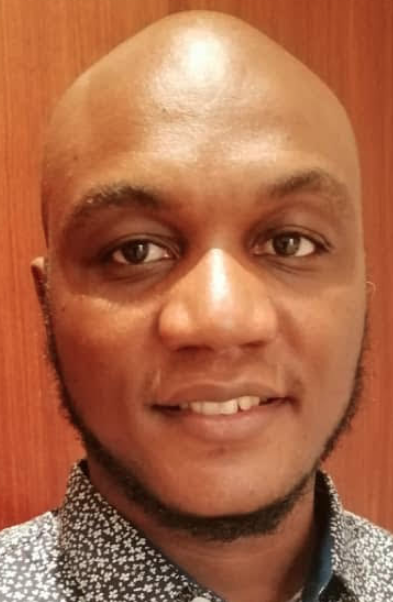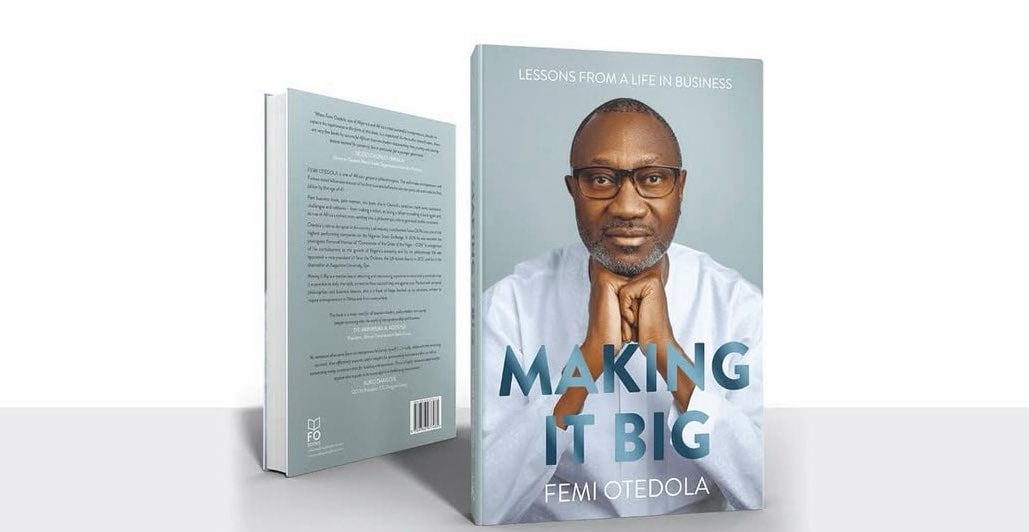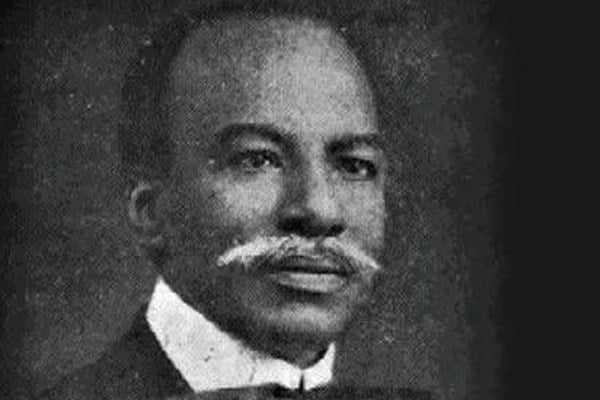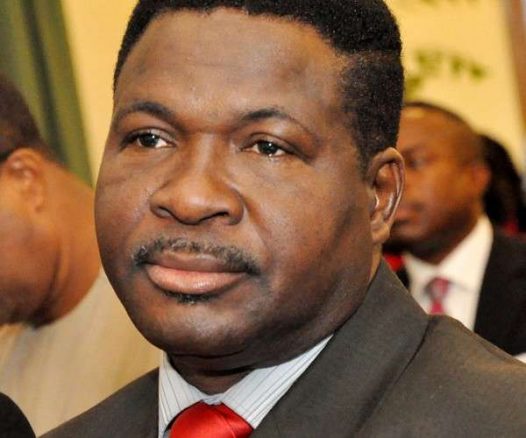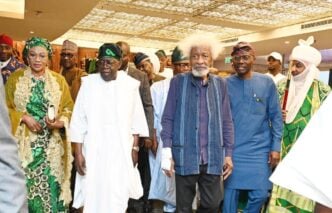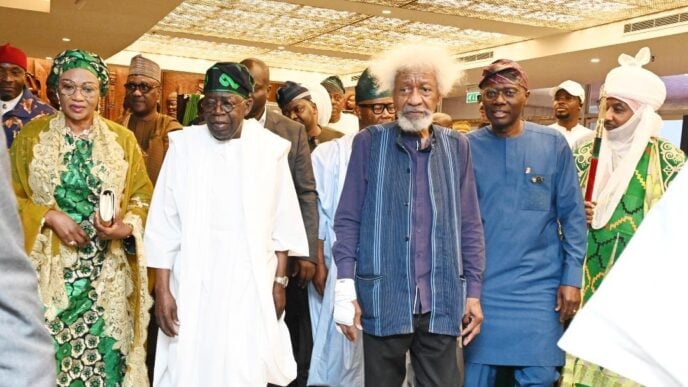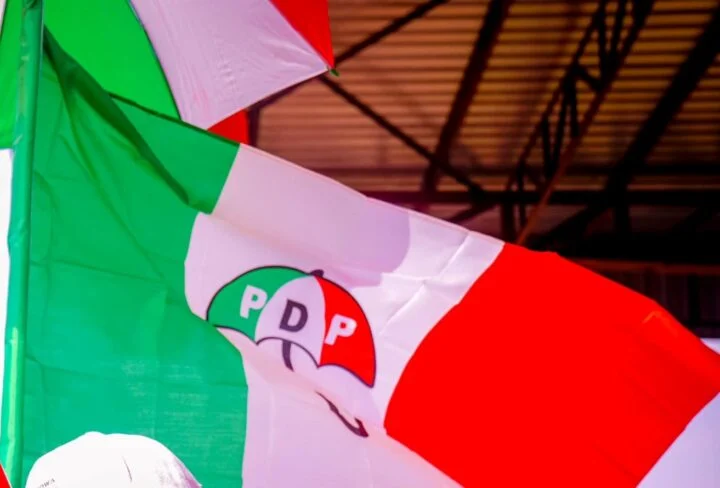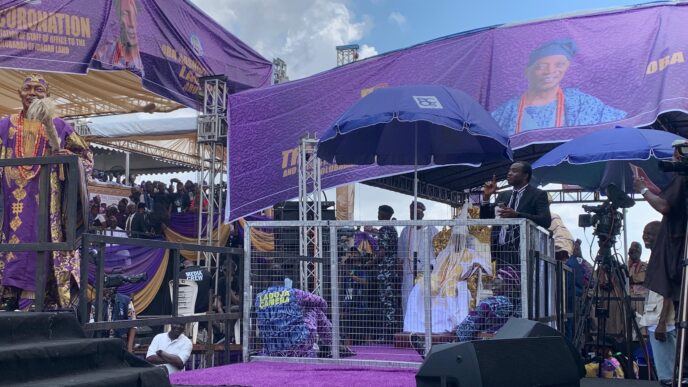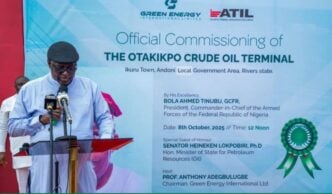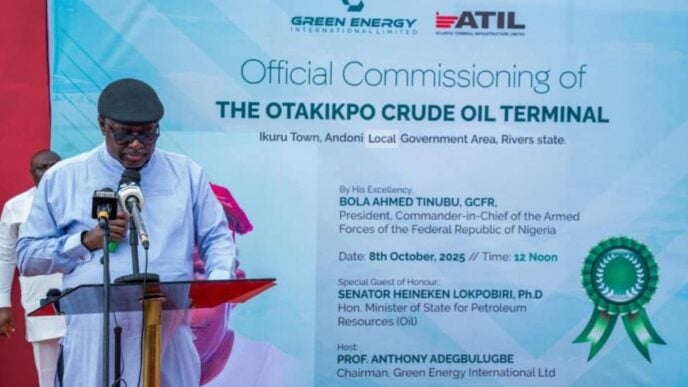This is the title of billionaire Femi Otedola’s book – Making It Big. When I heard the book was out, I dismissed it. What can someone who came from a privileged background teach about making it in business when he had a head start? I was sceptical, and I admit my prejudice freely.
I got the book recently as a gift and decided to give it a try. I must confess it is one of the best books I have read in recent times. What struck me first was the writing style of the author. Reading the book, you get the feeling you are living in his world. The writing was so simple that even a primary school pupil could read and understand it. To say I was wowed is an understatement. I learned a lot from his life and the lessons he shared about business and life generally.
The book changed my perception of Otedola. Yes, he came from privilege, but privilege alone doesn’t guarantee success. Many children of wealthy Nigerians have squandered their inheritance and ended up worse off than their parents. Otedola took what he had and multiplied it, which is no small achievement.
You see why it’s good to write a book. Most of our big men don’t write books about their life experiences. They live, achieve great things, and die without documenting their journeys for future generations. This is a tragedy for our collective knowledge and development.
Advertisement
After taking forever, former military president Ibrahim Badamasi Babangida wrote a book some months ago. Better late than never, though I wish he had done it earlier when his memory was sharper and he could provide more detailed insights into his controversial tenure.
I want to see Aliko Dangote write a book on his life and business. How was he able to rise to become Africa’s richest man? What strategies did he employ? What mistakes did he make along the way? His refinery saga and his constant fights with vested interests who don’t want his refinery to succeed would make for compelling reading. In the last few months, all his hair has gone white because of the stress of the refinery. That’s a story worth telling.
A Dangote memoir would be invaluable not just for aspiring entrepreneurs but for understanding Nigerian business dynamics, government-business relations, and the challenges of building industries in a difficult environment. Young Nigerians need to hear these stories from the horse’s mouth, not through rumors and speculation.
Advertisement
I also want to read a book by the Chairman of United Bank of Africa, Tony Elumelu. How did he take Standard Trust Bank to take over UBA and transform it into one of the best banks in the country? What were the negotiations like? How did he manage the integration? What leadership lessons did he learn?
Elumelu’s Africapitalism philosophy has influenced development thinking across the continent, but we need more than philosophy – we need the practical stories of how he implemented these ideas. Young bankers and entrepreneurs would benefit immensely from understanding his journey.
In politics, I want President Bola Tinubu to write a book on political strategy after his presidency. Love him or hate him, President Tinubu is one of the master political strategists the country has ever produced, and he is head and shoulders above his peers in the political space.
I want to hear about the strategies he used to win the primary ticket of the All Progressives Congress despite opposition from those in power then. How did he navigate the complex ethnic and religious politics of Nigeria? How did he build and maintain his political structure across the Southwest? What deals were made, what alliances formed, what compromises reached?
Advertisement
Such a book would be a masterclass in Nigerian politics. Whether you support him or not, there’s no denying that Tinubu understands power dynamics better than most Nigerian politicians. His story needs to be documented while the memories are fresh.
I also want to see a book on tenacity from former Vice President Atiku Abubakar. Say what you want about him, it doesn’t change the fact that the man knows what he wants, and he won’t stop until he gets it. It doesn’t matter what the political temperature in the country is – he wants to be president and has been throwing his hat into the ring since 1992. You have to love his tenacity.
What drives a man to pursue the presidency for over three decades? How does he maintain political relevance across different regimes and party configurations? How does he bounce back from repeated defeats? These psychological and strategic insights would be fascinating.
Someone who should have written a book before he died was former President Muhammadu Buhari. No politician since independence has enjoyed the cult following that Buhari had. This was organic support, not rented crowds, and his followers believed so much in his ability to change the country.
Advertisement
We would have gotten insights into the challenges he faced when he was in power that made him unable to deliver most of the things he promised. What happened between the idealistic candidate of 2015 and the underwhelming president of 2015-2023? Where did the governance plan go wrong?
A Buhari memoir would have helped Nigerians understand whether the problems were systemic, personal, or both. It would have provided closure for millions of Nigerians who supported him with such passion, only to be disappointed. Maybe his vice, Yemi Osinbajo, should take up the challenge and write his own book from the inside perspective.
Advertisement
Come to think of it, our collective failure to document our leaders’ journeys means we keep repeating the same mistakes. Each generation starts from scratch, learning lessons that previous generations already learned but never shared.
In advanced countries, presidential memoirs and business biographies are common. Leaders understand that documenting their experiences is part of their legacy and contribution to national development. Why should Nigeria be different?
Advertisement
The problem is that many of our leaders are afraid of the truth. They fear that honest memoirs would expose their mistakes, their compromises, their failures. But this fear is misguided. People respect honesty and vulnerability. A memoir that acknowledges failures while celebrating successes is more valuable than a hagiography.
For business leaders, the excuse is often that they don’t want to reveal trade secrets. But Otedola’s book proves you can share valuable insights without compromising competitive advantage. The lessons about leadership, decision-making, and resilience transcend specific business strategies.
Advertisement
For politicians, the concern is often legal or political – they don’t want to create evidence that could be used against them or their associates. But well-written memoirs can tell important truths without unnecessary exposure. The art is in knowing what to share and how to share it.
I also think our leaders underestimate the economic value of their stories. Barack Obama’s memoirs have earned him millions of dollars. Nelson Mandela’s “Long Walk to Freedom” is a global bestseller. Nigerian leaders with compelling stories could earn substantial income from well-written books while cementing their legacies.
Publishers should be more proactive in approaching these leaders with attractive deals. Yes, many of them are wealthy, and money might not be a motivator, but the promise of shaping their narrative and securing their legacy should be compelling.
Ghostwriters are readily available for leaders who don’t have the time or skill to write themselves. The important thing is getting the stories documented, not who holds the pen.
Universities and research institutions should also play a role by conducting oral history projects with our leaders. If they won’t write books, at least record their testimonies for posterity. These recordings can be transcribed, archived, and made available to researchers and the public.
The lesson from Otedola’s “Making It Big” is clear – privilege doesn’t guarantee success, but documented wisdom can inspire and guide future generations. Our leaders, whether in business or politics, owe it to Nigeria to document their journeys. The stories they carry will die with them unless they take the time to write them down.
I challenge Dangote, Elumelu, Tinubu, Atiku, Osinbajo, and other Nigerian leaders to pick up their pens (or laptops) and start writing. Your stories matter. Your lessons are valuable. Your experiences can guide the next generation. Don’t take them to your graves
Views expressed by contributors are strictly personal and not of TheCable.
